
Rural Roads Can Bring Increased Access to Markets, Higher Incomes
One of the first steps in increasing smallholder farmers’ market access is ensuring that rural areas have adequate transportation infrastructure to physically move crops from farms to markets. Improved rural roads can reduce transportation costs and the cost of agricultural inputs, thus increasing agricultural productivity; roads can also help integrate producers into more lucrative national and regional markets, leading to greater trade and reducing price shocks caused by local conditions.
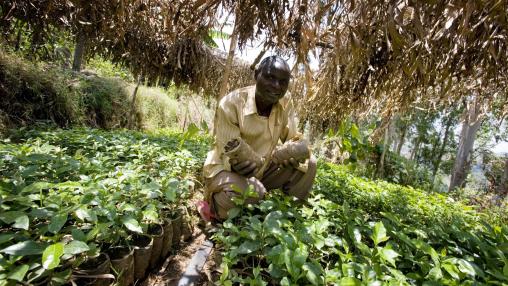
Farmers Leading the Way
Focusing on agricultural growth, particularly that of smallholder farmers, can help countries in Africa south of the Sahara achieve broader economic and development objectives, including poverty reduction, says a new open-access book prepared by the United Nations University (UNU-WIDER) and published by Oxford Press.

New Country Briefs Provide Food Price, Production Snapshot
FAO’s Global Information and Early Warning Systems (GIEWS) has released several new country briefs for Africa south of the Sahara. This series of briefs provides an overview of the food security situation in monitored countries, focusing on the current agricultural season, harvests prospects for staple food crops and livestock, estimates and forecasts of cereal production, and food price and food policy trends.
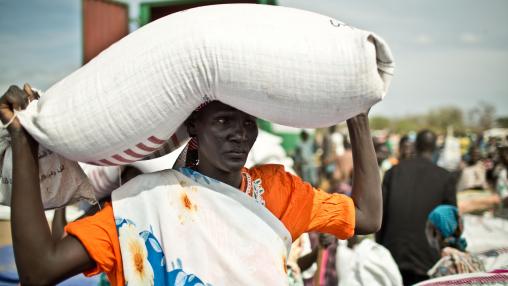
Food Insecurity Continues in East Africa Due to Weather, Conflict
Ethiopia continues to face increased food insecurity, despite heavy rains in April that have improved prospects for the 2016 Belg harvest, according to the latest regional alert from FEWS Net.
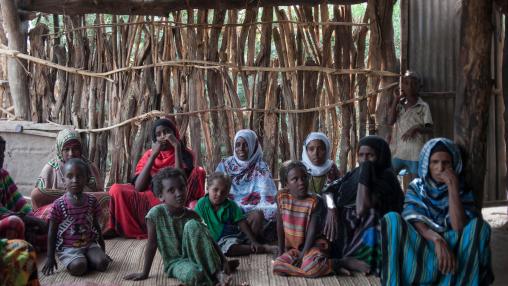
Nutrition Information, Market Access Both Key in Improving Children's Diets
Reducing stunting and wasting in children under five years of age and improving children’s micronutrient status have become widely recognized as important development goals. Undernutrition in the first few years of life can have significant long-term effects, including fewer years of schooling, lower cognitive skills, and even lower income in adulthood.
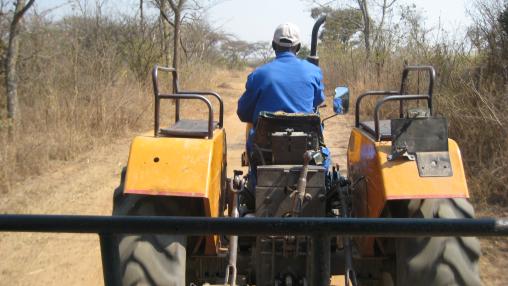
Agricultural Mechanization in Africa: Lessons from Bangladesh
Agricultural mechanization can help reduce farmers’ labor costs and increase agricultural productivity; however, in many parts of Africa south of the Sahara, most farm activities still rely on human and animal power ( IFPRI Insights , September 2014 ). Increasing Africa’s agricultural mechanization could be a key driver of future development in the region, but only if it is done properly and sustainably.
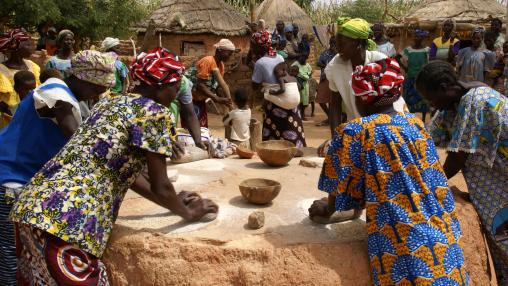
Food and Nutrition Security Programs: Too Focused on Agriculture?
Food and nutrition security (FNS) is a multi-dimensional concept, spanning the agriculture, trade, health, and social sectors. Often, however, policies only address FNS through one lens: that of food production. This could be due to the fact that many FNS stakeholders have a background in agriculture and thus tend to focus on sectoral agricultural issues, says a new report from the FoodSecure project .
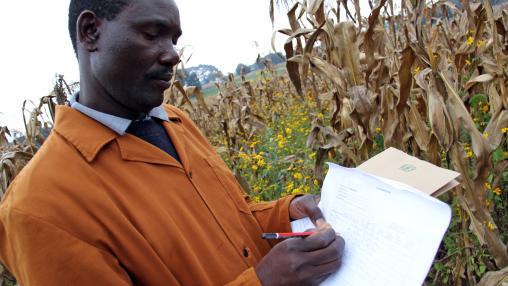
Food Security Information Meeting Calls for More, Better Data
In November 2015, the Food Security Information Network (FSIN) and the African Union Commission (AUC) held a technical consultation on data for food and nutrition security resilience in Addis Ababa, Ethiopia. The meeting focused on increasing the availability and use of the right types of data in order to improve countries’ capacity to monitor and achieve food and nutrition security goals. Representatives from 28 African countries participated, as did representatives from various regional institutions, development partners, NGOs, academic institutions, and the private sector.
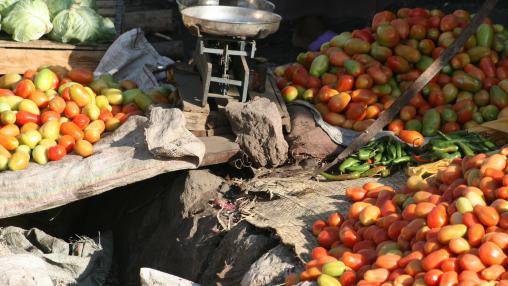
Ethiopia's Changing Diets: Causes and Consequences
Over the past two decades, Ethiopia has become one of the fastest growing economies in the world ( 2015 African Economic Outlook ). Rapidly rising income levels, combined with increasing urbanization, have led to important changes in many Ethiopians’ diets. In a new project paper , IFPRI’s Ethiopia Strategy Support Program examines the causes and implications of this dietary transformation.
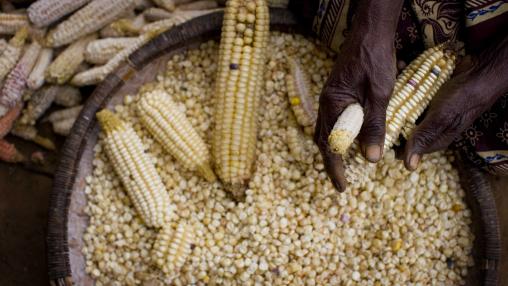
Regional Updates from FEWS.Net
Regional Updates from FEWS.net